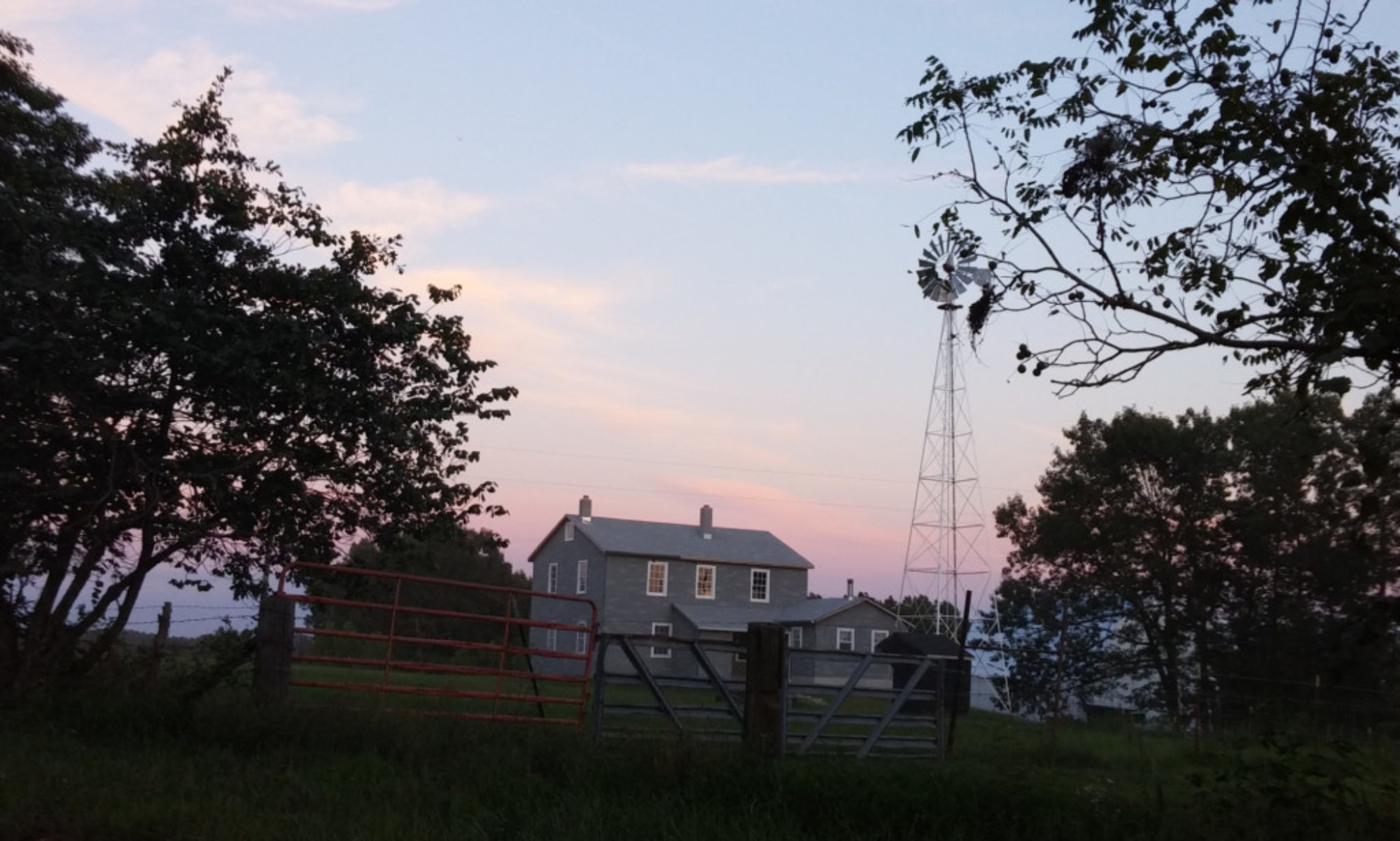The Law Enforcement “Bill of Rights” operates, in many cases, in opposition to the Constitution’s Bill of Rights, by sharply limiting accountability and transparency when it comes to police brutality and other misconduct.
LOS ANGELES — Most of us living in the United States were familiar with the Bill of Rights – the first 10 amendments to the U.S. Constitution – by the time we left high school. Those rights — such as freedom of speech, religion, the press, and to assemble — are guarantees granted to each and every individual within the U.S. Unfortunately most of us never heard about a second “bill of rights:” that exclusively protecting law enforcement personnel.
The Law Enforcement “Bill of Rights” operates in many cases in opposition to the Constitution’s Bill of Rights, by sharply limiting accountability and transparency when it comes to police brutality and other misconduct.
The “right of privacy,” for example, is extended to what some say are outrageous lengths for police officers, with the state of California apparently leading the way in that regard. Even the Los Angeles Times lamented that “far from being a beacon of transparency, California — when it comes to the public’s ability to assess the performance of its law enforcement agencies — is the nation’s information black hole.”
Anything having to do with the disciplining of a police officer is considered part of his or her personnel file and is thus subject to privacy. In California, not even prosecutors are allowed to view those files….. Read More
Law Enforcement “Bill of Rights” Adds Bricks to Blue Wall of Silence
